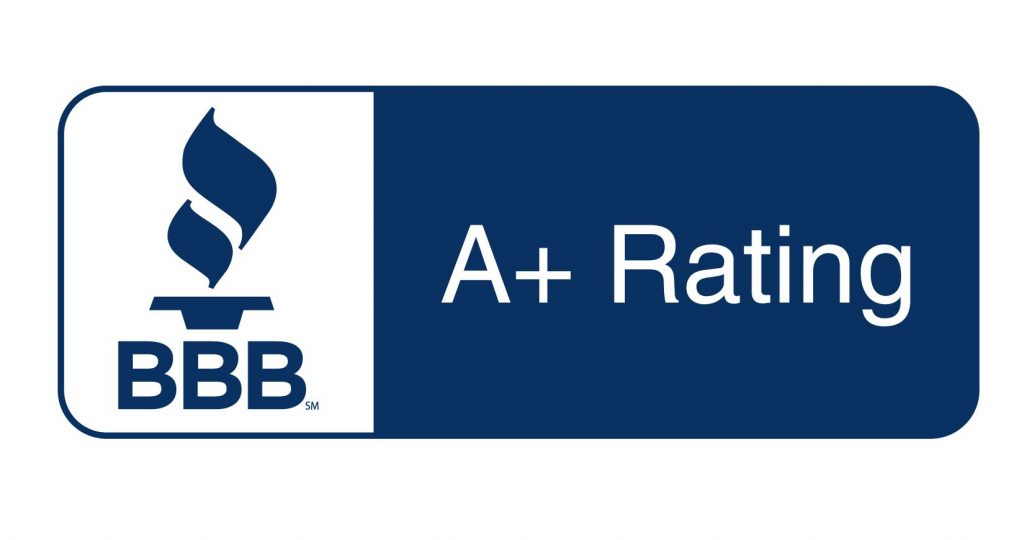You’ve seen them on TV and gotten plenty of information stuffed in your mailbox. Everywhere you turn, you see an ad for a Medicare Advantage plan. But what exactly are Medicare Advantage plans? Are they as good as the insurance companies say they are?
Medicare Advantage plans can be a bit complicated. There are many different kinds, and since they don’t have standardized coverage like Medigap plans, it can be hard to compare coverage and costs of different plans. Today, we’re going to give you a brief introduction to what Medicare Advantage plans are so that you can decide if they may be a good fit for you.
How Medicare Advantage Plans Work
Medicare Advantage plans, also known as Medicare Part C, are offered by private insurance carriers. The insurance companies undergo an approval process from the Centers for Medicare and Medicaid Services to ensure they meet certain criteria. All Medicare Advantage plans must have at least as much coverage as Original Medicare (Parts A and B).
They must have at least as many benefits as Original Medicare because a Medicare Advantage plan will actually replace your Part A and B benefits. Instead of being sent to the federal government, your claims will be sent to the private insurance company.
That being said, it’s important to realize that you still have to pay your Part B premium. The good news is that most Medicare Advantage plans have low premiums, and some of them even have no premium at all.
The first thing to realize about Medicare Advantage plans is that there are several different kinds. They include:
- Preferred Provider Organization (PPO)
- Health Maintenance Organization (HMO)
- Private Fee-for-Service (PFFS)
- Special Needs Plan (SNP)
- Medicare Medical Savings Account (MSA)
It’s very important to know what kind of plan you’re considering as the rules within them differ. For example, a Medicare Advantage PPO plan offers coverage outside of the provider network, while an HMO plan does not. In addition, you must meet certain criteria to apply for a Special Needs Plan.
Pros and Cons of Medicare Advantage
If you’ve talked to anyone about Medicare Advantage, they’ve likely had strong opinions one way or another. We don’t. Nothing in Medicare is a one-size-fits-all, so it’s important to consider your unique circumstances when choosing your Medicare coverage. Medicare Advantage plans are a great choice for some and a not-so-great choice for others. Let’s take a look at some of the pros and cons.

Pros of Medicare Advantage
- Low Monthly Premiums: Some plans are as low as $0 per month.
- Extra Benefits: Original Medicare (with or without a Medigap plan) only covers medical inpatient and outpatient services. It does not cover prescription drugs or routine dental, vision, or hearing care. Many Medicare Advantage plans offer all these benefits.
- All-in-One Solution: Instead of having multiple cards (Original Medicare, Medigap, Part D, dental insurance, etc.), Medicare Advantage offers a convenient, all-in-one solution. This can be much less confusing than juggling multiple plans.
Cons of Medicare Advantage
- Provider Networks: In most cases, you need to see providers who are contracted with your specific plan. Otherwise, you’ll pay higher out-of-pocket costs or have no coverage at all.
- Out-of-Pocket Expenses: While the monthly payment sounds ideal, you’ll find that the plans have copays for each service you need. These can add up quickly.
- Service Restrictions: To keep costs low, Medicare Advantage plans use prior authorizations. These forms add time (and work) to your providers and can delay (or prevent) you from getting the treatment you need.
How to Choose a Medicare Advantage Plan
By this point, you know enough about Medicare Advantage to know if you want to consider this option further. When we help a client search for a Medicare Advantage plan, there are a few key considerations we look at.
First, the costs and benefits. Each plan comes with a summary of benefits. Peruse this document to identify which services you might use most frequently. While we can’t predict what might happen to us in the future, you probably have a good idea of things you know you’ll need over the next year. Make sure those things are covered, and look at what the out-of-pocket costs are for each.
Next, check the provider network. Do your current doctors participate in the plan? If they don’t, are you open to switching your healthcare providers? Don’t forget to include specialists, dentists, and your pharmacy during this process.
Finally, if your plan includes prescription coverage, compare your current medications to those listed on the drug formulary. Be sure that all your prescriptions are covered, and again, check how much your out-of-pocket cost will be.
Yes, this is a lot to learn! The good news is that you don’t have to be a Medicare Advantage expert because we are! Carolina Senior Benefits has an entire team dedicated to the Medicare field, and we can help you navigate your choices to find out which one is right for you. There is absolutely no cost to work with us. Call today to speak with an agent near you!





